At the biggest women’s Counter-Strike tournament of the year last weekend, Counter Logic Gaming Red’s Benita “bENITA” Novshadian sprayed down the last member of the opposing team as she charged around a corner. The CLG Red players screamed and jumped out of their seats.
They were Electronic Sports World Cup (ESWC) champions.
The team dominated as they have for many years. Only one thing was different this time around: They had the sponsorship of a big brand behind them.
When the team was acquired by Counter Logic Gaming on July 6, it represented a major step forward for women’s Counter-Strike, even if it still has a very long way to go.
In 2002, Girls Got Game became one of the first all-female Counter-Strike teams. The competitive gaming industry was still very young at this point, with scenes sprouting up around games like Counter-Strike, Unreal Tournament, and Quake. Girls Got Game quickly established their dominance, and by 2005 took home first place at the 2005 Electronic Sports World Cup. The team was easily the best female Counter-Strike team in the world. And they’d mostly done it all on their own.
“Our biggest accomplishment as a team was probably being an independent female team for over four years,” says Stephanie “missharvey” Harvey, the team’s captain.
Indeed, it wasn’t until 2006 that a major esports organization stepped in and sponsored the team. Support from an organization is huge—without it, a team is left entirely to its own devices. An organization will pay for travel, provide access to sponsors, and give the players much-needed exposure. After the string of successes in the early aughts, SK Gaming, a long-standing European esports organization, picked up the squad.
As part of SK Gaming, the women took home the 2007, 2008, and 2010 ESWC titles, as well as first place at the Arbalet Female Cup in 2010. Due to what the organization called some “unstable chemistry” on the team, SK Gaming shut down its female Counter-Strike division in December of 2010. But Harvey and teammate Christine “Potter” Chi weren’t about to give up. In 2011, they went back to independence and reformed as UBINITED.
Harvey has been gaming for as long as she can remember. She attributes her competitive edge to her resilience in the face of adversity. Being a successful, independent female team in the Counter-Strike scene, after all, is certainly no small feat. Esports is a largely male-dominated industry; one 2014 study placed esports viewership between 90 and 94 percent male, and the rest of the industry skews similarly. Many women’s teams—including Fnatic Ladies, a short-lived team under the banner of another major esports organization—largely fail because their sponsors no longer support them. The teams also often fly under the community’s radar, as they’re given little exposure compared to their male counterparts. With only a handful of women’s tournaments throughout the year, there are few opportunities for female players to perform and win a paycheck. To overcome these obstacles, players must stay determined and focus on the big picture: improving their gameplay and fighting their way to the top.
“I would say that my biggest strength as a player is that I never give up,” Harvey says. “I always try to work on my weaknesses to become a better player inside the game and outside the game.”
The squad has rarely changed its roster in a decade. “Not only are we one of the most stable female teams in the world, but we also are one of the most stable Counter-Strike teams in the world regardless of gender,” the team’s website notes. Indeed, while men’s team rosters splinter frequently, Harvey’s has remained the same cohesive unit that has dominated the female Counter-Strike scene since its inception. Harvey and Chi have been on the roster since Girls Got Game in 2002, and each member of UBINITED has been present for at least one other ESWC championship victory.
And it’s those victories that matter the most to the team. The ESWC is one of the few tournaments supporting the female Counter-Strike circuit. The first event was held in 2003, with an annual tournament taking place in France. ESWC is home to a vast array of esports competitions, and includes both male and female leagues. While remaining an independent and largely self-run team, Harvey and her teammates took home three more ESWC Championship titles. Those, more than anything else, helped the team establish a reputation as the most accomplished female squad in the world. It seemed only a matter of time until a bigger sponsor came calling.
“The discussion started a few months ago when the owner [of Counter Logic Gaming] approached us and showed interest in our team,” says Harvey. “He had been watching us over the past weeks and was really interested in acquiring us.”
Counter Logic’s main Counter-Strike roster has long been a top contender in North America, and their League of Legends team has found similar success. The organization also has a dedicated fanbase who remains true to the CLG banner, providing the team with some much-deserved exposure. It wasn’t the first time they’d been approached by an organization in recent years. The team felt that this offer was different, however. “It was the first time we actually felt a real connection to an organization that aligned with what we want to do as a team.”
With its new home, CLG Red is ready to show the world they have what it takes to stay at the top. Harvey hopes that women will be inspired to get involved in competitive gaming and the esports industry. “As a player, I started being competitive because of another female team. I was inspired by their success and mission, and I feel that when we also succeed it can inspire other females which can push us to also want to do the same.”
“We face the same challenges as men and then some,” Harvey says. “And the only way to overcome this adversity is to not give up.” Counter-Strike’s voice chat function breeds opportunities for harassment, and Harvey cites online toxicity as another big issue for women in esports. “It’s by breaking barriers and creating opportunities that we will help it change.”
And for the ladies of CLG Red, one of those barriers is the competition. After another ESWC championship, they’ve got their sights set high. “I would like our team to be one of the best teams in the world,” says Harvey. “No gender segregation.”


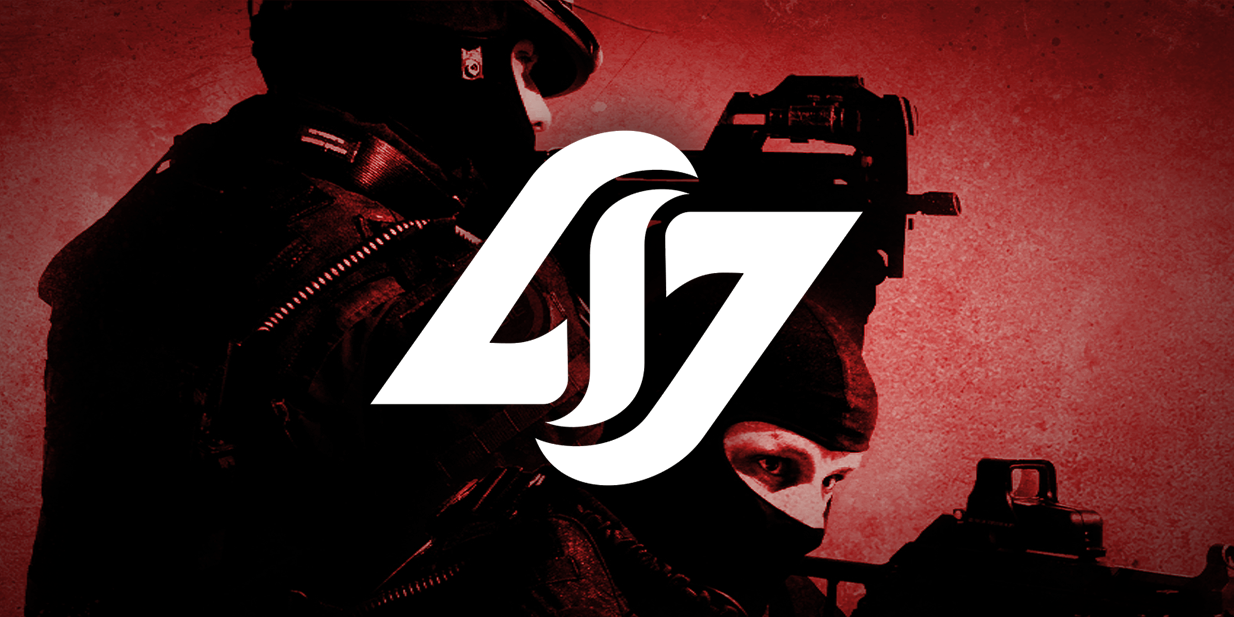
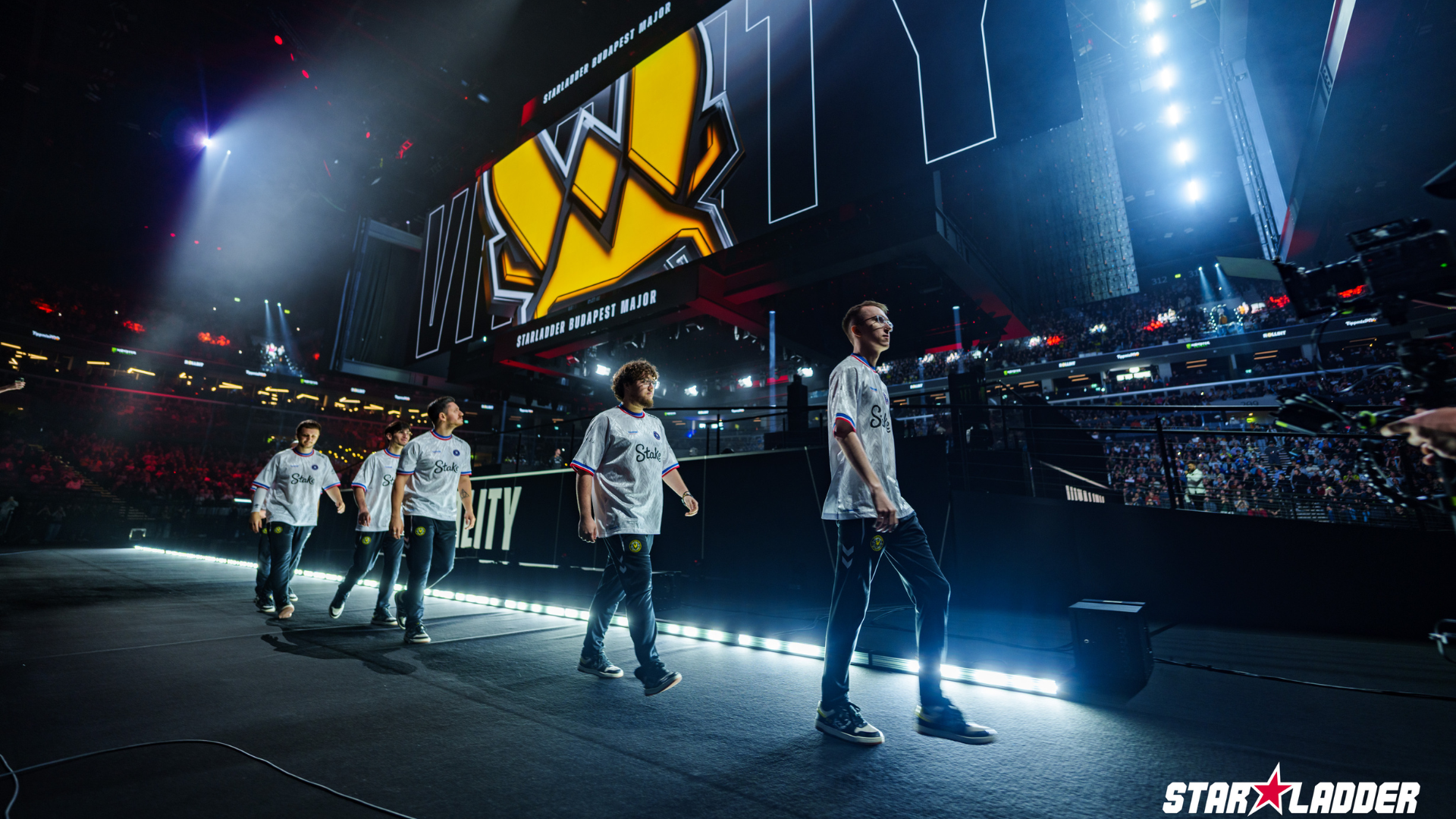
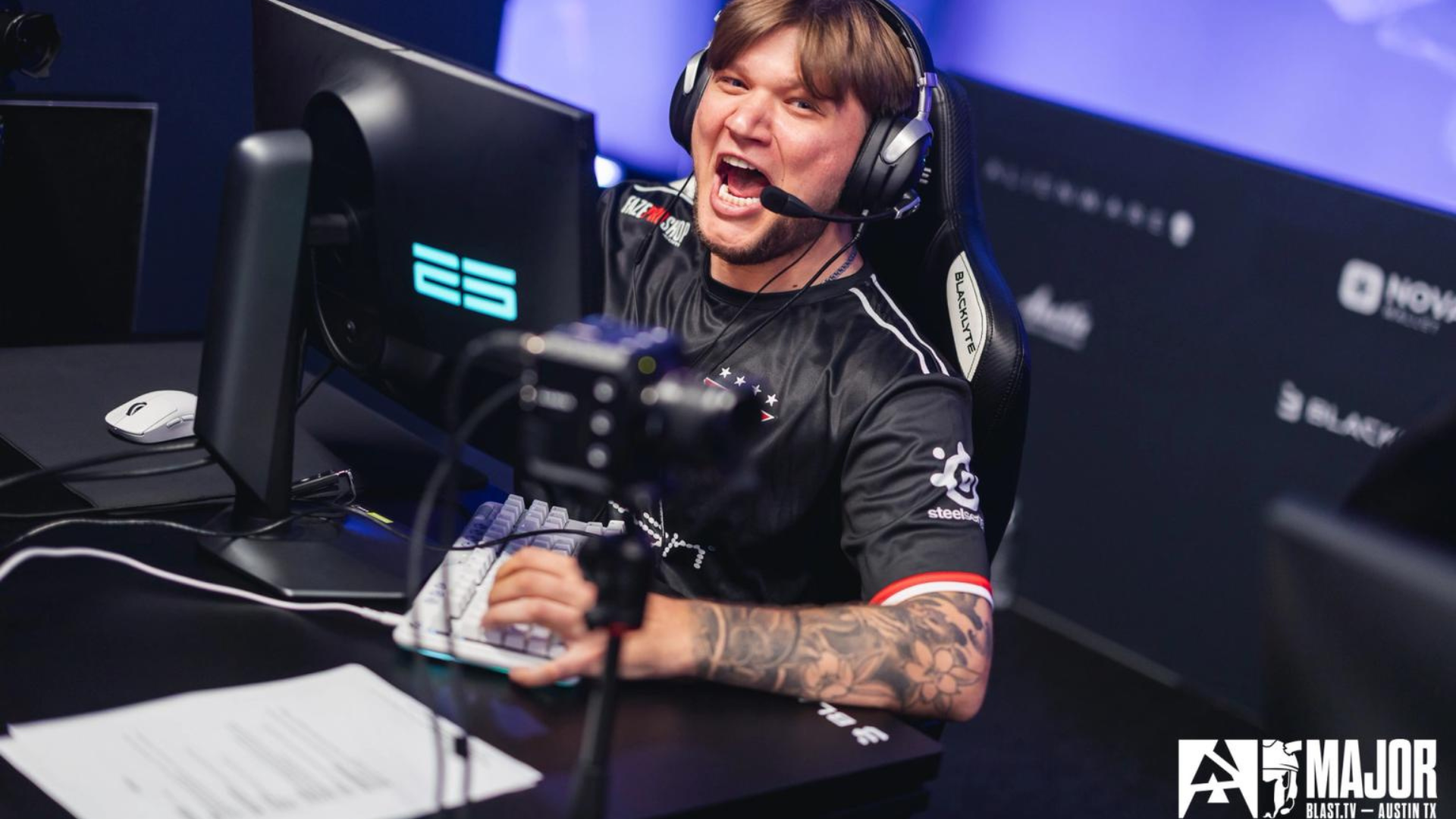
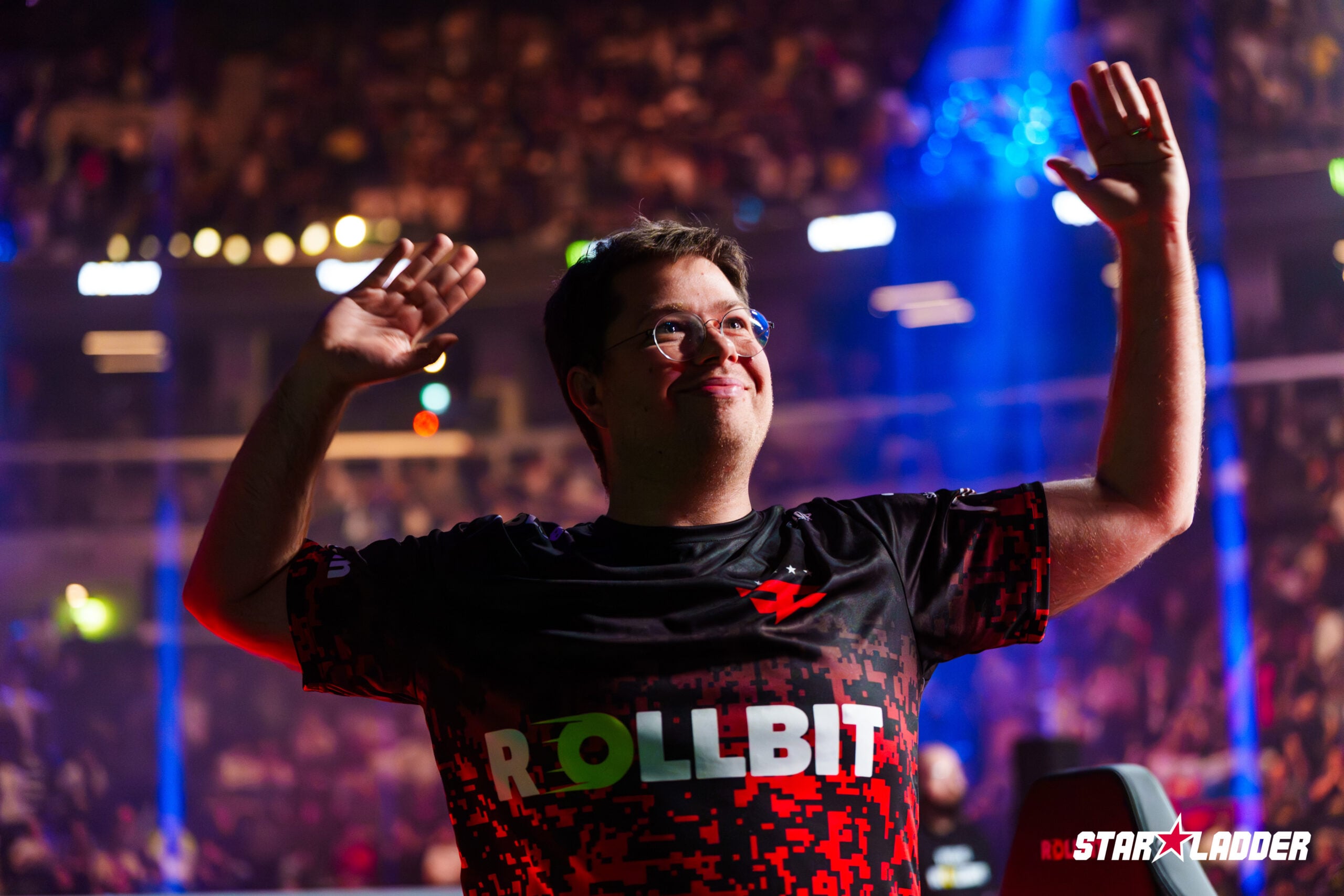


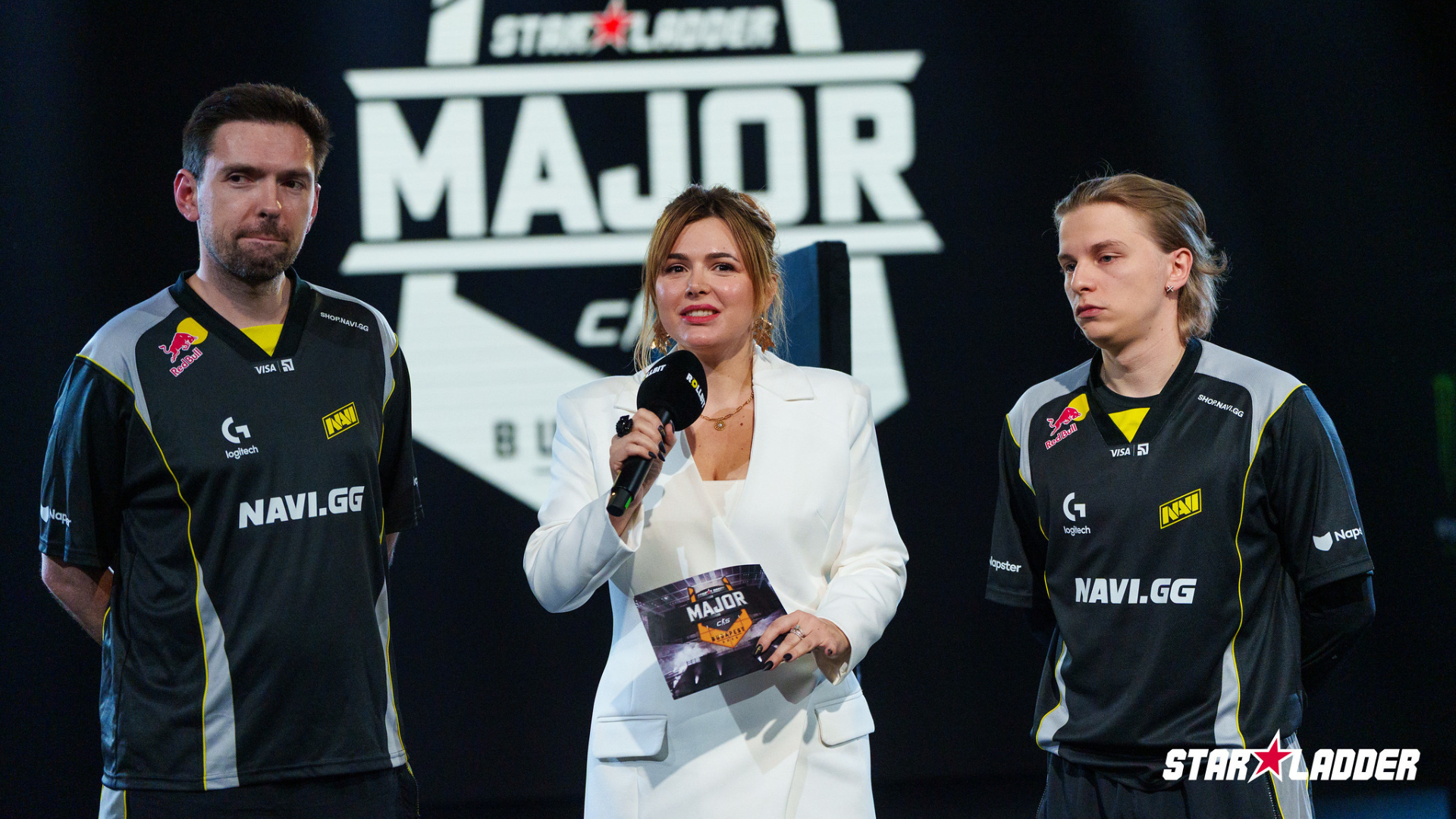
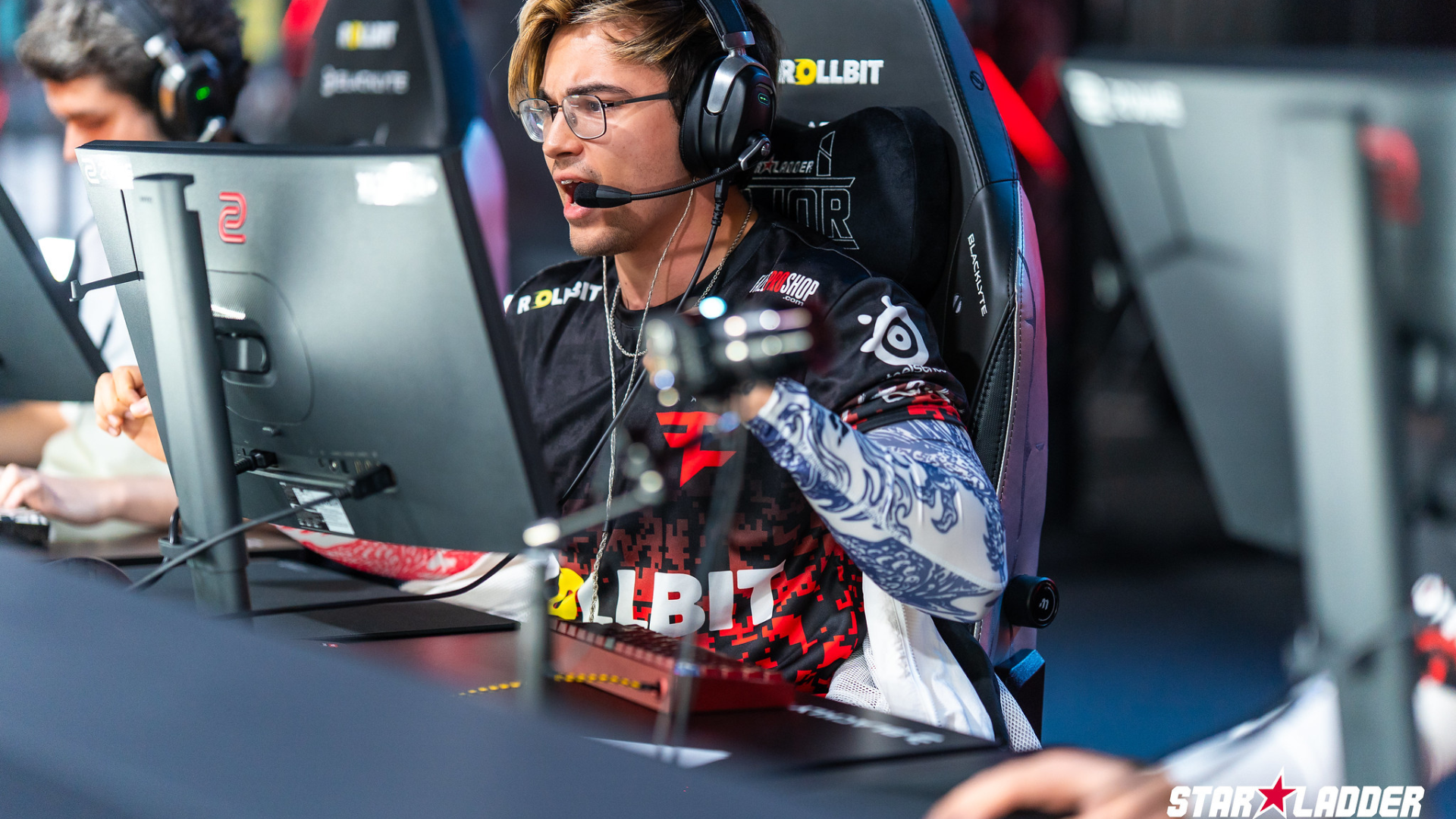
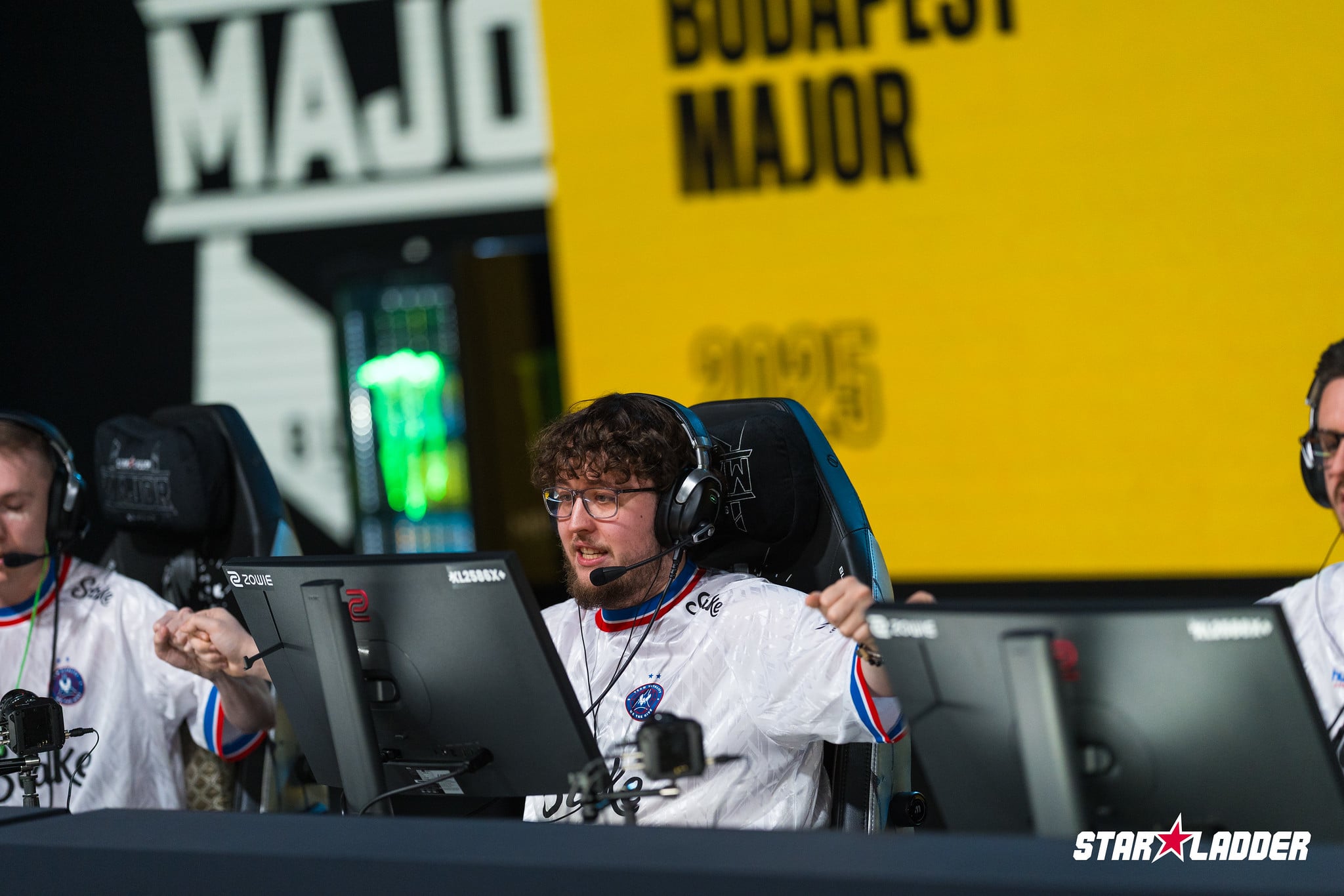
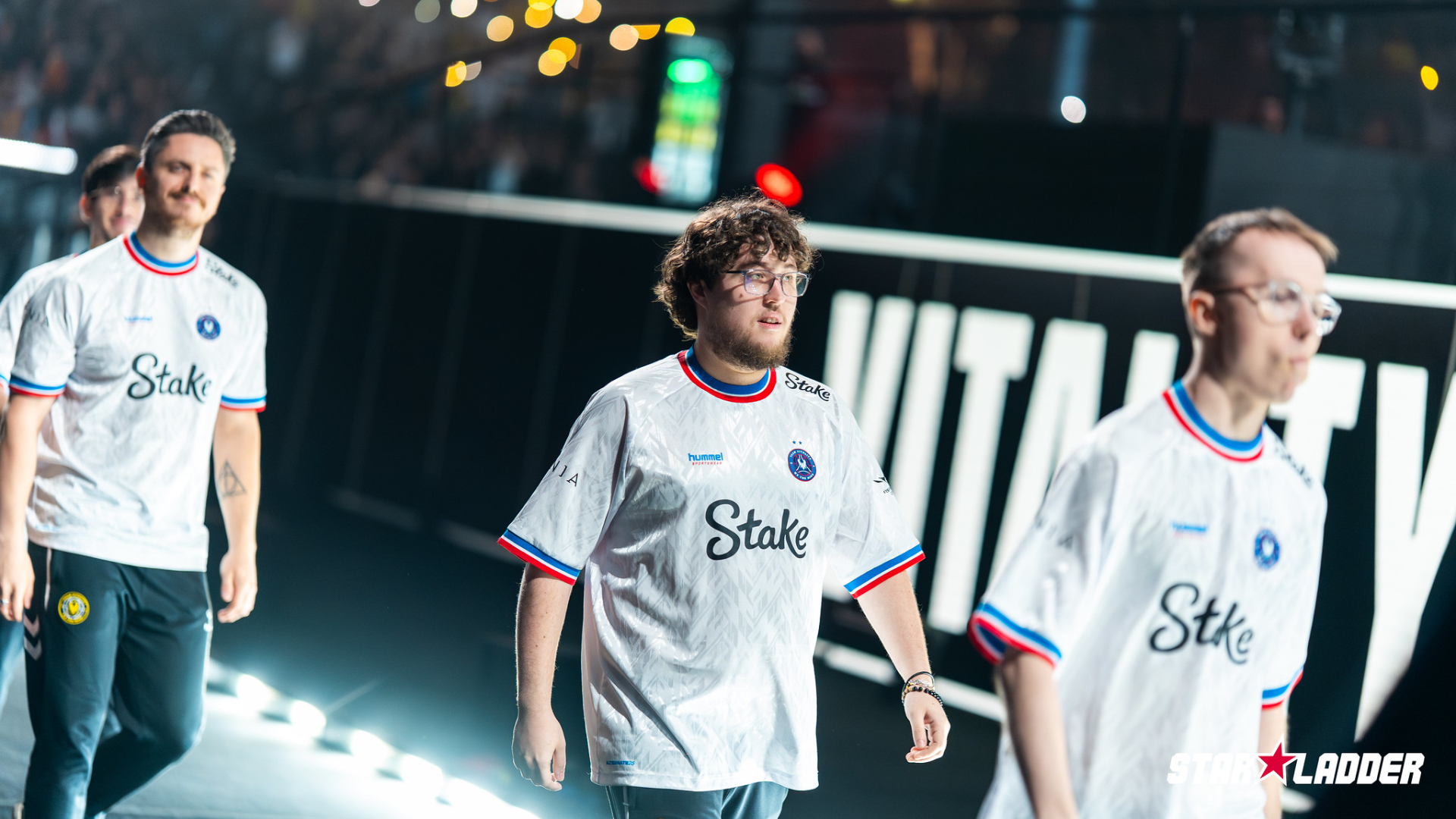
Published: Jul 17, 2015 12:45 pm